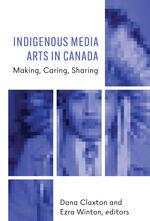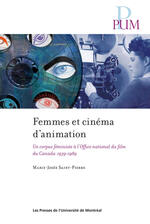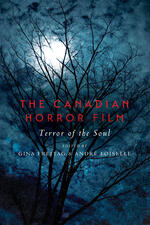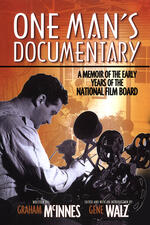Film history, theory or criticism
- Thema Categories »
- The Arts »
- Performing arts »
- Films, cinema »
- Film history, theory or criticism
Indigenous Media Arts in Canada
Indigenous and settler scholars and media artists discuss and analyze crucial questions of narrative sovereignty, cultural identity, cultural resistance, and decolonizing creative practices.
Humans are ...
The Canadian Horror Film
From the cheaply made “tax-shelter” films of the 1970s to the latest wave of contemporary “eco-horror,” Canadian horror cinema has rarely received much critical attention. Gina Freitag and André ...
Cinephemera
What do digital platforms mean for cinema studies in Canada? In an era when digital media are proliferating and thousands upon thousands of clips are available online, it seems counter-intuitive to say ...
One Man’s Documentary
Graham McInnes was one of many talented young people recruited by the charismatic John Grierson to build the National Film Board of Canada during the heady days of WWII. McInnes’s memoir of these “days ...
Quebec National Cinema
In the first comprehensive, theoretically informed work in English on Quebec cinema, Marshall views his Subject as neither the assertion of some unproblematic national wholeness nor a random collection ...






